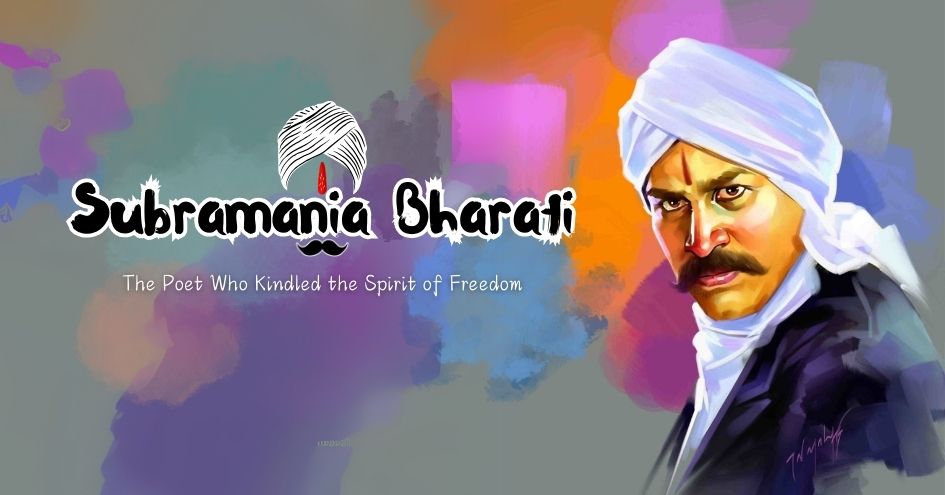
Subramania Bharati, often referred to as Mahakavi Bharati (Great Poet Bharati), was a revolutionary poet, journalist, and social reformer whose words ignited the flame of patriotism and reform in colonial India. Born on December 11, 1882, in Ettayapuram, Tamil Nadu, Bharati’s life was a testament to his fearless spirit and unwavering dedication to India’s freedom and the upliftment of society.
Early Life and Education
Subramania Bharati, whose full name was Chinnaswami Subramania Bharati, exhibited a remarkable talent for poetry at a young age. His precocious abilities earned him the title Bharati (blessed by Goddess Saraswati) from the King of Ettayapuram when he was just 11 years old. Despite his traditional education, Bharati was deeply influenced by modern ideas, which shaped his vision for a free and progressive India.
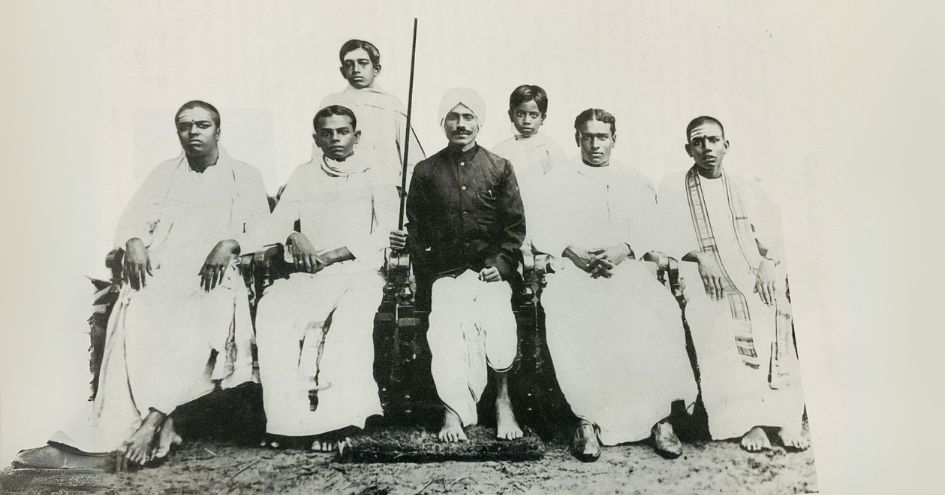
A Poet of Nationalism and Social Reform
Bharati’s poetry transcended the bounds of art, becoming a powerful weapon in India’s struggle for independence. His compositions celebrated the ideals of freedom, unity, and equality. He wrote in Tamil, infusing the language with a revolutionary fervor that resonated deeply with the masses. His works also featured a unique blend of traditional Indian themes and modern ideas, making them timeless and universal.
Some of Bharati’s most famous patriotic poems include Vande Mataram Enbom (We Shall Say Vande Mataram) and Achamillai Achamillai (Fearless, Fearless), which inspired countless Indians to join the fight against British colonial rule.
Advocacy for Social Justice
Bharati was not only a freedom fighter but also a visionary reformer who spoke out against the social evils of his time. He championed women’s rights, emphasizing their education and equality. In poems like Pudhumai Penn (The Modern Woman), he envisioned a society where women were empowered and free to pursue their aspirations.
He also denounced the caste system and advocated for unity among all Indians, regardless of their religion, caste, or language. Bharati believed that true freedom could only be achieved when social and cultural inequalities were eradicated.
Journalism and Political Activism
As a journalist, Bharati used his pen to challenge the British Raj and spread the message of freedom. He served as the editor of newspapers like Swadesamitran and India, which became platforms for his revolutionary ideas. His fearless writing often brought him into conflict with the colonial authorities, forcing him to flee to Pondicherry (a French territory at the time) to avoid arrest. In Pondicherry, Bharati continued his activism, collaborating with other revolutionaries like V. O. Chidambaram Pillai and Aurobindo Ghosh. His years in exile were marked by prolific writing, which strengthened the spirit of resistance among Indians.
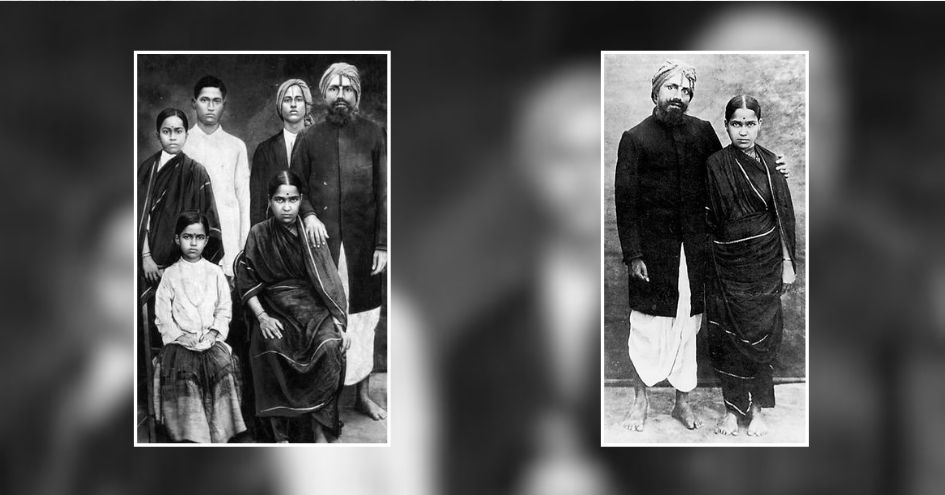
A Legacy of Inspiration
Subramania Bharati’s life was tragically cut short when he passed away on September 11, 1921, at the age of 38. However, his contributions to India’s freedom movement and social reform remain immortal. His works continue to inspire generations, reminding them of the power of courage, unity, and hope.
Today, Bharati is celebrated as one of Tamil literature’s greatest icons. His birth anniversary is observed as Bharati Day in Tamil Nadu, and his poems are cherished for their revolutionary zeal and poetic brilliance.
Subramania Bharati was more than a poet; he was a visionary who dared to dream of a free and just India. His words, imbued with passion and purpose, continue to resonate with those striving for change and justice. Bharati’s legacy reminds us that the pen is indeed mightier than the sword, and that true freedom lies in the liberation of the mind and soul.
 Dakshinamurthy is a scholar and researcher of Indic themes and a contributing writer of The Verandah Club
Dakshinamurthy is a scholar and researcher of Indic themes and a contributing writer of The Verandah Club
PREVIOUS ARTICLE
NEXT ARTICLE
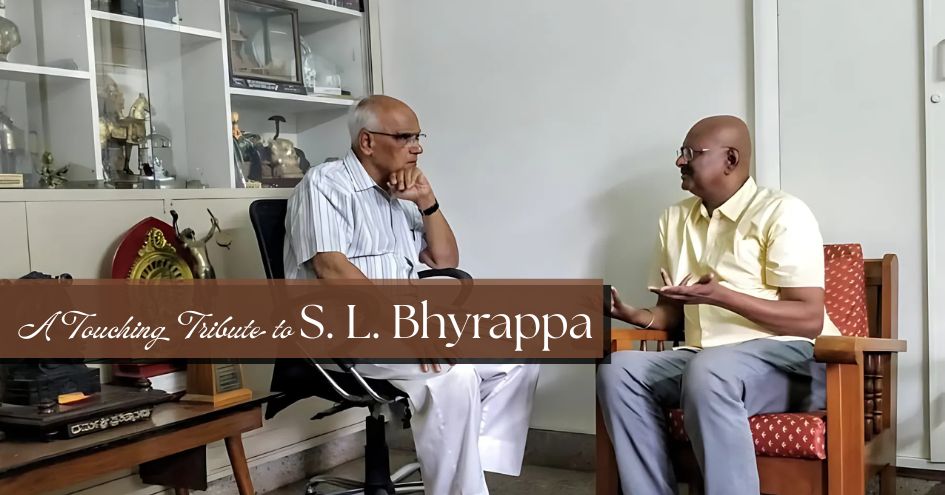
Some writers tell stories, and then there are those rare souls who hold up a mirror to our civilisation, our history, and our innermost selves. Sri Sa...
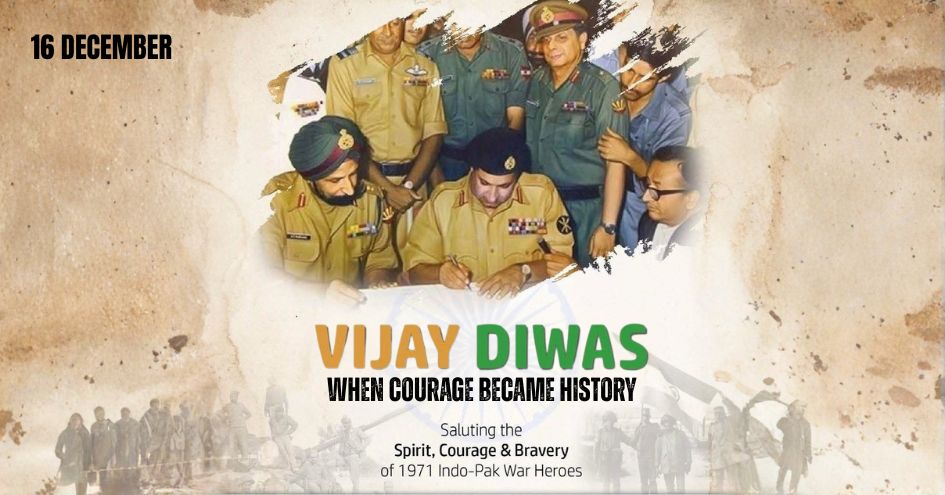
As the Tricolour rises high on 16 December, Vijay Diwas calls out to the conscience of the nation.It reminds us of a timeless truth:Freedom is earned,...